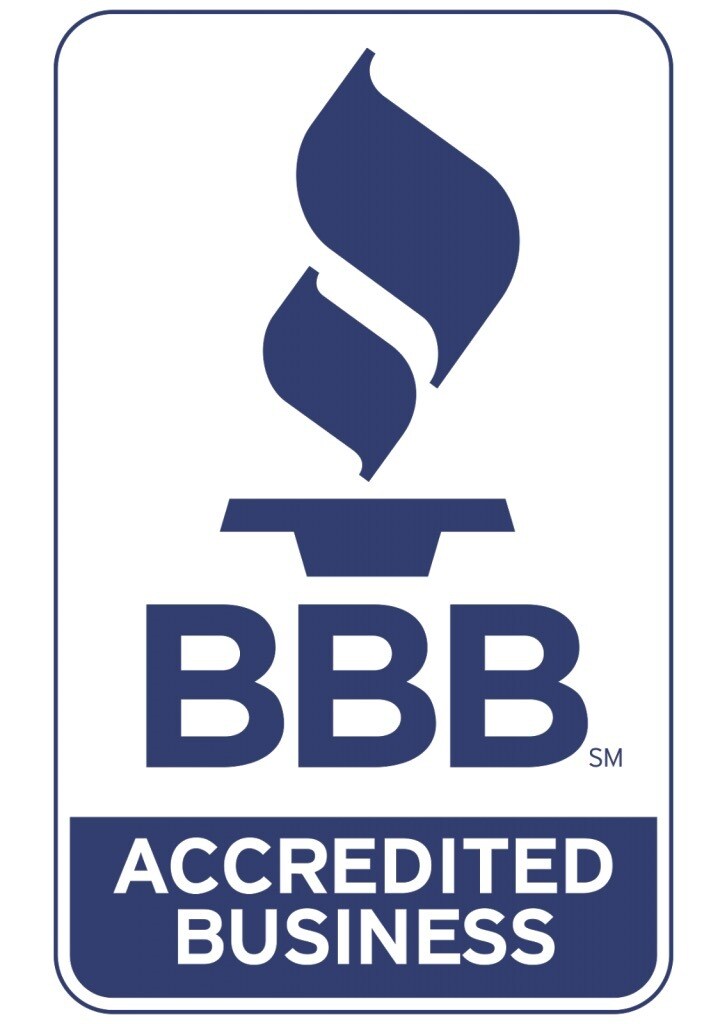Do DIY Options Work for Mosquito Control?

Mosquitoes are a common problem for homeowners, especially during the warmer months. Their itchy bites and potential to spread diseases like West Nile virus make them more than just a nuisance. While many people turn to DIY mosquito control methods, it’s important to understand their effectiveness and limitations before deciding if they’re the right solution for your property.
Popular DIY Mosquito Control Methods
DIY mosquito control often relies on products and techniques that can be easily purchased or implemented at home. Some of the most popular methods include:
- Bug Zappers
These devices use light to attract and kill mosquitoes.
- Citronella Candles
Often used outdoors, these candles are thought to repel mosquitoes with their scent.
- Mosquito Sprays
Store-bought sprays are applied to the skin or directly onto surfaces to deter mosquitoes.
- Natural Remedies
Solutions like essential oils, coffee grounds, or garlic sprays are commonly touted as mosquito repellents.
- Standing Water Management
Emptying containers that collect water is a simple way to reduce mosquito breeding grounds.
While these methods can provide temporary relief, their overall impact on reducing mosquito populations varies greatly.
The Limitations of DIY Mosquito Control
One of the biggest challenges with DIY mosquito control is that many methods fail to address the root cause of infestations. For example, bug zappers may kill some mosquitoes, but they are often more effective at attracting other flying insects than reducing mosquito populations. Similarly, citronella candles may create a short-term barrier, but they don’t eliminate the breeding grounds where mosquitoes thrive.
Natural remedies and over-the-counter sprays also have limited effectiveness. Many natural solutions require frequent reapplication and may not cover large areas, while store-bought sprays only provide temporary protection for individuals, not your entire yard.
Additionally, most DIY options don’t target mosquitoes at all stages of their life cycle. Mosquito larvae, which develop in standing water, are unaffected by most consumer-grade products, meaning new generations of mosquitoes will continue to emerge.
When DIY Methods Might Work
DIY mosquito control can be helpful for small-scale issues or as a supplement to professional treatments. For example, managing standing water on your property is an excellent preventative measure that can reduce mosquito breeding sites. Wearing insect repellent or using outdoor fans during gatherings can also help reduce bites temporarily.
However, if your mosquito problem is widespread or persistent, relying solely on DIY methods is unlikely to provide long-term relief.
The Advantages of Professional Mosquito Control
Professional mosquito control services are designed to address the root causes of infestations. Experts conduct a thorough inspection of your property, identify breeding grounds, and apply targeted treatments that eliminate mosquitoes at every stage of their life cycle. This includes larvicides to prevent eggs from hatching and barrier sprays to reduce adult populations.
Professional treatments are also more effective at covering large outdoor spaces and providing ongoing protection throughout the mosquito season. With regular maintenance and follow-up visits, pest control professionals can keep mosquitoes at bay, ensuring your property remains comfortable and safe.
Finding the Right Solution for Your Property
While DIY mosquito control methods can offer short-term relief, they are often not enough to tackle significant infestations. Combining basic preventative measures, like eliminating standing water, with professional treatments provides the most effective and long-lasting results.
If mosquitoes are making it difficult to enjoy your outdoor spaces, consider reaching out to a professional pest control company. Their expertise and advanced techniques can save you the hassle of trial-and-error DIY solutions and provide peace of mind all season long.


.webp)



